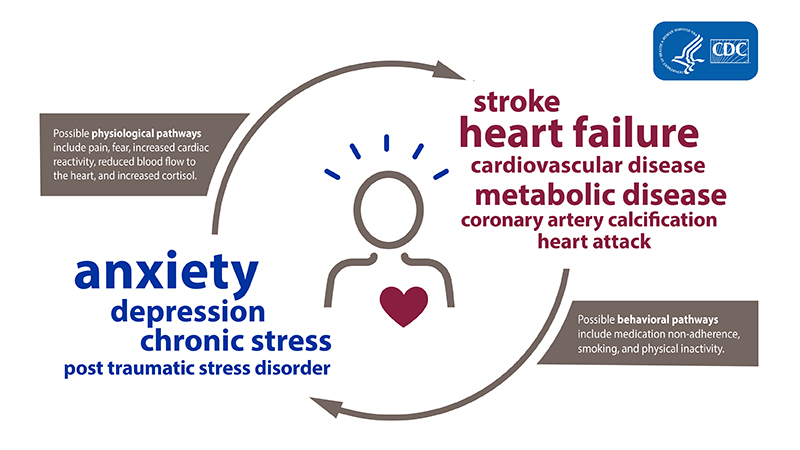
Depression and Its Relationship to Other Mental Health Disorders
Depression is a common mental health condition that affects millions of people worldwide. It is characterized by feelings of sadness, hopelessness, and a lack of interest or pleasure in activities. While depression is a standalone condition, it is also commonly associated with other mental health disorders. We messaged a psychologist at an intensive outpatient program in Phoenix, AZ for their insight. Understanding the relationship between depression and other mental health disorders can be crucial for effective diagnosis and treatment.
One of the most common mental health disorders associated with depression is anxiety. Anxiety disorders include conditions such as generalized anxiety disorder, social anxiety disorder, and post-traumatic stress disorder. Individuals with depression often experience symptoms of anxiety, such as excessive worry, fear, and avoidance behaviors.
Another mental health disorder commonly associated with depression is bipolar disorder. Bipolar disorder is characterized by episodes of mania or hypomania, which are elevated or irritable moods, and depression. Individuals with bipolar disorder often experience episodes of depression, and the depression in bipolar disorder can be more severe and longer-lasting than in major depressive disorder.
Substance use disorder is another condition that is often associated with depression. Individuals with depression may turn to substances such as alcohol or drugs as a form of self-medication to cope with their symptoms. However, substance use can worsen symptoms of depression and lead to a cycle of addiction and depression.
Anorexia nervosa and bulimia nervosa are two eating disorders that are frequently linked to depression. Poor self-esteem and a negative body image can result from these diseases, and these factors may help depression develop.
It’s important to understand that depression can significantly affect a person’s physical health. Heart disease, diabetes, and chronic pain are just a few of the physical health issues that depression has been connected to.
Effective treatment for depression often involves a combination of therapy, medication, and self-care. Cognitive-behavioral therapy (CBT) is a type of therapy that can help individuals identify and change negative thought patterns that contribute to depression. Antidepressant medication can also be effective in treating depression. Self-care is also an important aspect of treatment, which includes engaging in regular exercise, eating a healthy diet, and getting enough sleep.
To choose the best course of treatment, it’s crucial to consult a mental health expert. A thorough evaluation can aid in locating any co-occurring mental health conditions and offer a comprehensive strategy for therapy. In certain instances, treating depression in conjunction with underlying mental health issues can result in better symptom management.
It’s also important to recognize that every person has a different experience with depression and other co-occurring mental health conditions. Finding the ideal treatment strategy may take some time because recovery is a personal experience. It’s critical to have compassion for oneself and to keep in mind that failures are a typical aspect of the process.
In addition, it’s crucial to have a support system in place. Support from loved ones, friends, and mental health professionals can be invaluable in navigating the journey toward healing. Joining a support group can also be beneficial, as it allows you to connect with others who are going through similar experiences.
In summary, depression is a common mental health condition that is often associated with other mental health disorders such as anxiety, bipolar disorder, substance use disorder, eating disorders, and physical health conditions. Effective treatment for depression often involves a combination of therapy, medication, and self-care. It’s important to work with a mental health professional to determine the best course of treatment and address any co-occurring mental health disorders. Recovery is a personal journey, and it may take time to find the right treatment plan. It’s important to be patient with yourself and to have a support system



